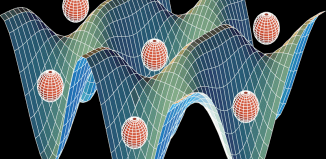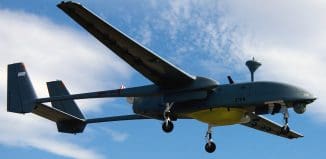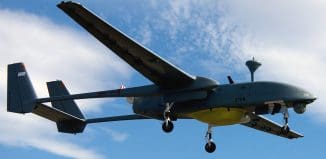The Balance is Changing – Will This Trend Continue?
Homeland security budgets in some countries are more available than defense budgets. This has changed the balance between defense and “civil” products in some of the Israeli defense industries.
The fact that wars have changed, and now range from low intensity conflicts (LIC) to anti terror operations, has changed the attitude of many defense contractors in Israel to this market. It can be said as a fact, that what until a few years ago was considered merely a ‘by product’ has evolved to a growth engine for some of the companies.
Rafael, one of Israel’s most advanced weapon systems developers has invested money and efforts in developing a full concept for protecting vital installations from the sea. Israel has some of its main economic installations along the shore of the Mediterranean. power plants, oil refineries and port facilities are located along the shores that, in the past were used as entry points for terrorists.
Recently, rich oil and gas fields were discovered off the Israeli shore and these have already been the focus of threats from terror organizations like the Hezbollah in Lebanon.
The need to defend those offshore resources has spurred much interest and preparations among Israel’s defense and security industries.
Rafael has developed a comprehensive operational capability defending strategic installations utilizing different systems and platforms. Electro optical payloads and other sensors, remotely operated weapon stations, and unmanned, autonomous systems are all adapted to the new mission.
The Rafael Protector Unmanned vessel is currently operational in Israel and some other countries .The 11 meters long Protector can cope with very high seas and perform 48 hours long missions.

The Elta Systems division of Israel aerospace industries (IAI), has teamed with Bombardier and are offering an advanced maritime patrol aircraft based on the Q-400. The Q-400 in maritime patrol/ SAR/ anti submarine roles configuration, is being offered by Elta/Bombardier, in cooperation with Field Aviation from Canada. The main sensor on the aircraft is the best selling Elta EL/M-2022 multi-mode airborne maritime surveillance radar. The package includes Signals Intelligence (SIGINT) and optical sensors.
But in the big array of platforms and sensors there is a newcomer that makes its first steps in this market.
Recently Israel aerospace industries (IAI) has unveiled the Electric Tethered Observation Platform (ETOP) as a direct substitute for tactical observation aerostats, deployed along borders and near sensitive installations.

IAI is in the final phase of developing the ETOP which will become a “family” of very advanced systems in different sizes.
ETOP is a electrically-powered, tethered, airborne platform which can be used for observation, surveillance and other applications.
ETOP can either be deployed from a static station, a maritime platform or from a moving ground vehicle. It can carry a payload of up to 20 kg and operate up to a maximum altitude of 100 meters.
This hovering platform combines an electrically-powered aerial platform and a ground system which includes the means for automatic deployment, cables, and a mission management unit.
“We see a meaningful potential market for these systems mainly in countries that are operating aerostats, but not only” an IAI source said.
Elbit systems has also entered the new potential market and offers a line of solutions based on building blocks the company has developed in the past for defense needs. Elbit has established a special demonstration hall, in which potential customers can better define their needs and Elbit , its technological solutions.






























